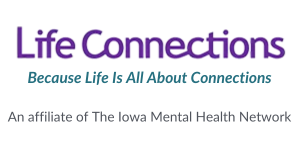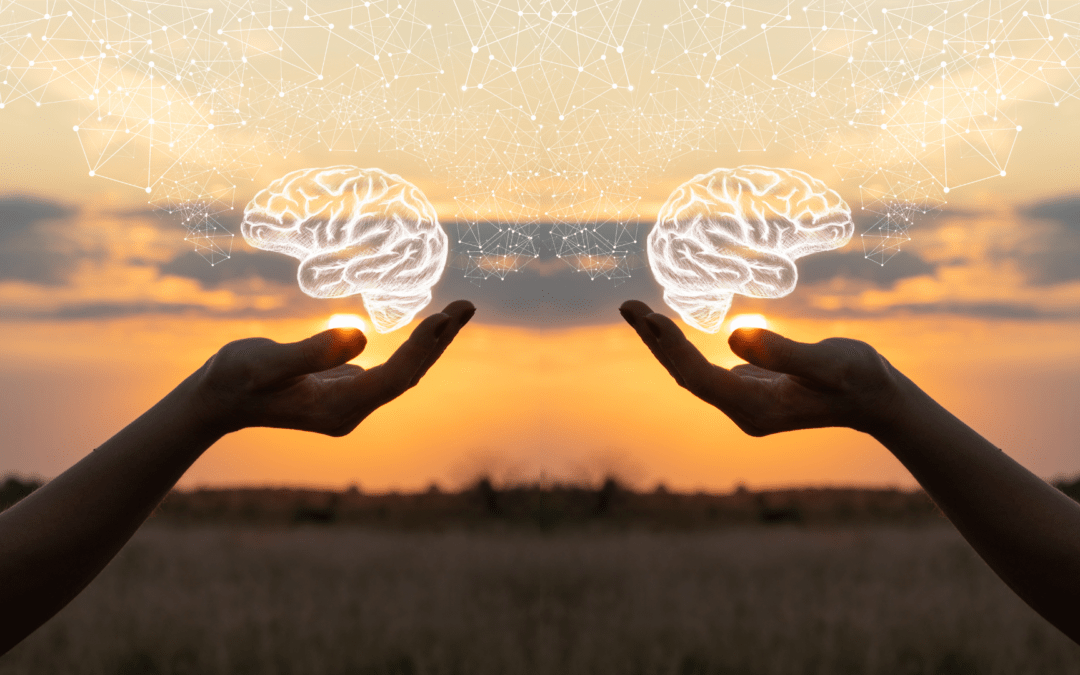The coexistence of a mental health disorder and a substance use disorder is referred to as a co-occurring disorder. Many people wonder if a mental health disorder causes substance use or vice versa; and there is not an easy answer to this question. There are many factors that contribute to co-occurring disorders including trauma, genetics, life stress, family and our environment.
How many people are affected by co-occurring disorders?
Approximately 9.5 million Americans between the ages of 18-25 are diagnosed with a co-occurring disorder. That is a large population of people, and the number is probably even higher than that due to people not seeking help. Most people know someone, whether it be a friend, family member, or coworker who is affected by substance use, mental health or both.
One question to consider is why aren’t people getting the help they need? What is causing the barriers to receiving treatment? Some of the reasons people do not seek treatment include:
- Affordability of treatment
- Stigma
- Fear of being “committed”
- Not ready to receive help
- Think they can handle it on their own
- Not enough time in their schedules
- Long waiting lists at treatment facilities
What can we do to help? The following are some suggestions that can be easily implemented:
- Educate yourself about substance use and mental health issues.
- Learn about the impact of substance use and mental health issues on family members and loved ones.
- Participate in family support such as Al-Anon, Families Anonymous, or a support group for families coping with substance use and mental health issues.
- Learn new ways of coping with a loved one’s substance use and mental health issues.
- Encourage participation in peer support groups for your loved one.
- Encourage your loved one to seek out help for their issues.
- Know the signs of relapse.
If you or someone you love is struggling with substance use or mental health remember to be supportive and let them know you care; and keep in mind these issues don’t go away overnight. It is a very long and difficult road to recovery so be mindful of people’s struggles, feelings and emotions.
Kristina Rebelsky LISW, CADC Mental Health Therapist and Outpatient Treatment Provider
Because Life is All About Connections
Life Connections provides in-home Behavioral Health Intervention services, Therapy services, autism (ABA) services and Children’s Mental Health waiver services in our 13 office locations and approved schools across Iowa. Life Connections was founded in March of 2009 with the intent to serve the children and families of Cedar Rapids and surrounding cities.
Life Connections is a highly professional and caring counseling and behavioral health provider. We offer a wide array of services to treat mental health issues including Applied Behavior Analysis Services, Behavioral Health Intervention Services, mental health therapy, school-based therapy programs, and substance use treatment.
For more information, please call 319-409-6922.
Resources:
- National Suicide Prevention Hotline 800-273-8255
- Crisis Text line text to 741741
- The Trevor Project – for LGBTQ+ young adult community 866-488-7386
- Rape, Abuse, and Incest National Network 800-656-4673
Start Your Services
Start Mental & Behavioral Health Services with Life Connections | Because life is all about connections.

